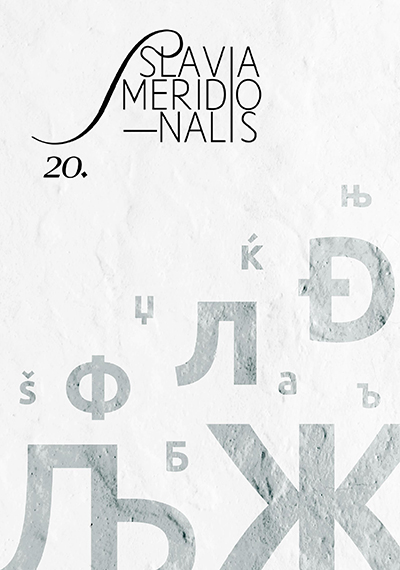Walka duchowa (Combattimento spiritual) Wawrzyńca Scupoliego a Невидимая брань (῾Ο ᾽Αόρατος Πόλεμος) Nikodema ze Świętej Góry Athos i Teofana Rekluza. Strategie adaptacji tekstu w Kościele wschodnim
Spiritual Combat (Combattimento spiritual) by Lorenzo Scupoli, and Невидимая брань (῾Ο ᾽Αόρατος Πόλεμος) by Nikodemus the Hagiorite and Theophan the Recluse: Adaptation Strategies of Spiritual Combat in the Eastern Church
Author(s): Viara MaldjievaSubject(s): Christian Theology and Religion, Theology and Religion, Eastern Orthodoxy
Published by: Instytut Slawistyki Polskiej Akademii Nauk
Keywords: adaptation; religious language; Eastern and Western doctrine and spirituality
Summary/Abstract: The purpose of the paper is to offer a general discussion of the strategy of adapting Lorenzo Scupoli’s Combattimento spiritual, which was created in the Christian West, to the doctrine, spirituality and sensitivity of the Christian East, and in particular to 19th-century Russian Orthodoxy. Two translations of the work into Russian were used as a basis for observation: one of them was taken from the Italian original without the intention of adaptation; the other (by Theophan the Recluse) was done with the intention of adaptation and its basis was the Greek text already adapted by Nicodemus the Hagiorite. Analysis shows a certain “symphony” of the strategy of adapting the content and language in both the texts: the text that was created as a translation from the Italian original without the intention of adaptation, and the text that was the result of a two-stage adaptation in Greek and then in Russian. In terms of content, the mystical and ascetic assumptions that were developed in the West in the devotio moderna trend were rejected in favor of turning towards the Holy Fathers’ tradition. In the language there was a turn to Orthodox Orthodoxy by the use of means that refer to the doctrine of hesychasm, which was recognized in the 14th century and might even be said to have become a foundation of Eastern spirituality. The result of the content and language harmonization in the adaptation of Theophan the Recluse is the complete abolition of all possible references to Western Christianity.
Journal: Slavia Meridionalis
- Issue Year: 2020
- Issue No: 20
- Page Range: 1-20
- Page Count: 20
- Language: Polish

